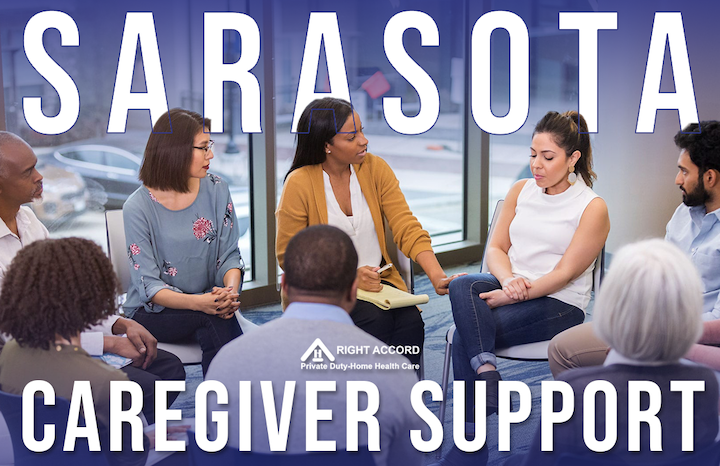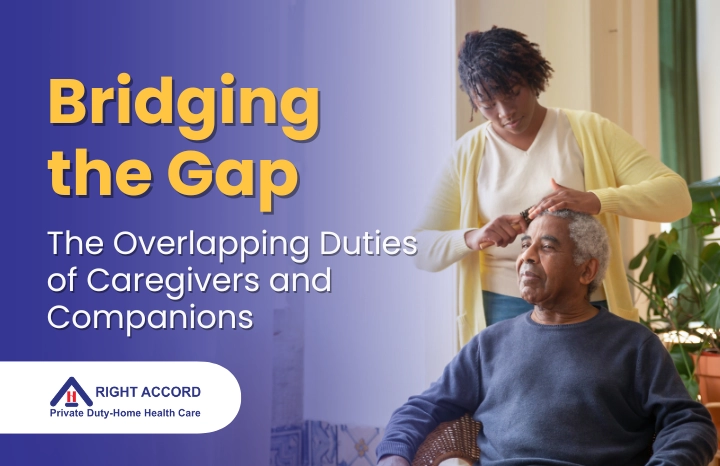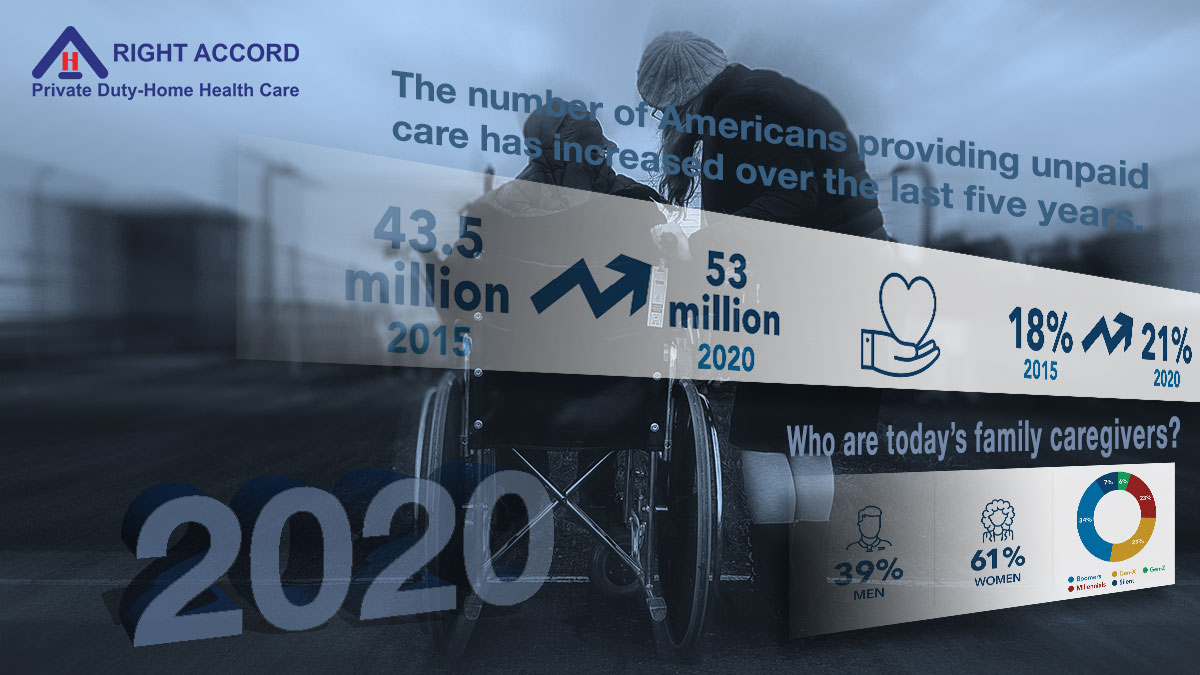· 6 min read
5 Practical Elderly Care Tips To Caregivers During Pandemic
Getting started with caregiving is best done by knowing how to do it effectively. Here iss the 5 best practical tips in caring for your elderly during pandemic.

By: Rosemarie Tamunday Casanova — RN, BSN, MHA
Over the past 12 months, the world has been continuously bombarded with the crisis from the epidemic. It has been a challenging time for everyone, especially those who are aging.
As individuals reach a certain age, they tend to be less capable and their functions tend to decrease. In situations where they cannot perform their regular duties, they often need assistance from someone else. If the needs of an elderly person may involve a great deal of difficulty requiring physical assistance from another person, then the same level of difficulty should be expected of those tasked with caring for the elderly.
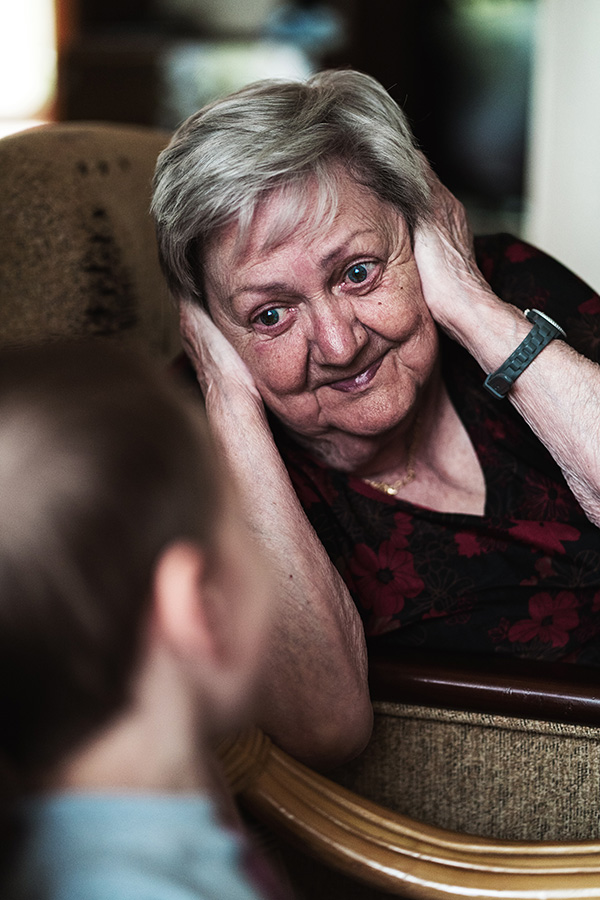
Photo by William Krause on Unsplash
The best way to provide real care and assistance for an elderly person is to understand their needs. Their demands may be unreasonable at times, but they still seek to achieve goals by themselves rather than expect others to accomplish it for them. If you’re used to being independent, then you know the feeling of not being in control and having to rely on someone all the time to perform your tasks.
The caregiver for elderly people needs to understand that their services should be catered in such a way that boosts the elder’s confidence in himself or herself and for him or her to be more trusted in their carer.
What Care is Involved?
Caring for an elderly person entails both physical and emotional hardship, as well as both medical elements and non-medical elements that are all involved in caring for an aging parent or relative. They are classified as follows:
Medical Care
These are types of caring services that involve the care, monitoring, and cure of certain illnesses experienced by older individuals.
- home healthcare
- personal care, such as bathing, grooming, or toileting
- rehabilitation services such as physical therapy
- house calls or attending to visiting physicians
- meal preparation
- administering medicines
- home and safety monitoring for in-home elderly care
Non-medical Care
These are entailing services or care that is involved with ensuring that all physical and other needs of the elderly individual are taken care of.
- home care maintenance
- financial planning
- insurance services
- transportation for shopping or other errands
- emergency transportation services
- house cleaning
It is important to check and address the following factors in order to ensure that quality care and services are provided for the elderly person:
- Providing an efficient and convenient living space and condition for the elderly, having taken into consideration their special needs.
- Finding reliable legal help and support.
- Dealing with the financial responsibilities of caring for an elder.
- Hiring nursing or caregiver for additional caring assistance or when no one in the family is able to provide that service.
- Dealing with health issues that most aging people had to suffer.
- Keeping the elders active and living their remaining years to its fullest potential.
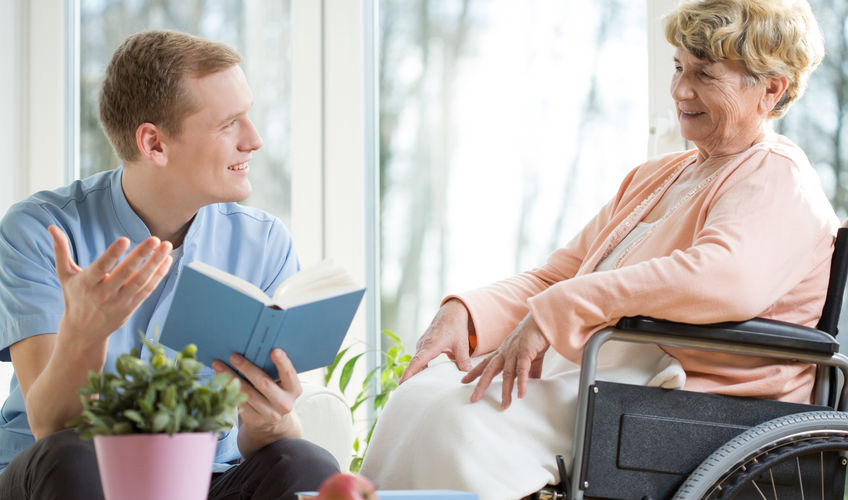
Photo by RIGHT ACCORD
Tips to Overcome the Challenges of Elderly Care
You are probably aware that elderly care encompasses a wide variety of factors, making it a complicated and demanding task. The fact of the matter is that there is an incredible amount of responsibility involved that it would be easy to disregard one while taking care of the other.
There are also upfront caring needs, along with the prevailing problems of aging and declining health for these elderly individuals. If it is difficult to deal with for the person in care, more so with the elder themselves who are forced to deal with them.
If you are having difficulty with this challenge and it seems unsolvable, then keep these tips in mind:
1. Find Local Support Group for Elderly Care
Look for a local senior care organization that you can turn to for professional assistance and support with your elderly care. These senior care organizations can help you with your decision and can even provide professional advice. Find these care support groups that will offer the kind of expert assistance that your elder needs.
2. Ask Your Other Family Members for Help
Don’t take on this responsibility alone. Seek the help of your other family members, children, relatives, or neighbors, especially if you encounter any difficulty in providing care. You can gain more success with elderly care if everyone in the family is involved instead of you doing it alone.
Assign someone to replace your spot in caring, whether it be your husband, your brother or sister, or other relatives. This should allow you to rest and ensure that you have enough strength and vitality to provide the utmost care your elder needs.
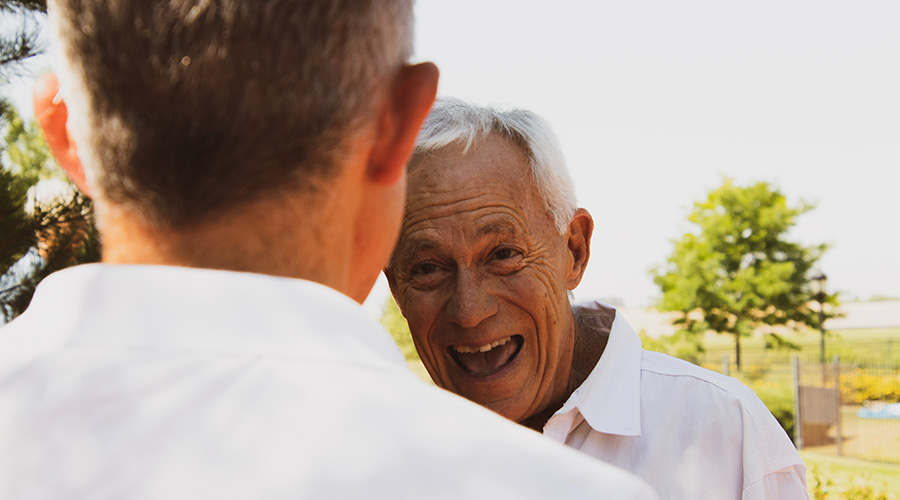
Photo by Logan Weaver on Unsplash
3. Take Care of Your Health
In addition to caring for others, a caregiver must care for himself/herself. This includes getting sleep, eating regularly, maintaining relationships with others, exercising, participating in hobbies, and other healthy activities. A huge amount of caregivers are known to have higher possibilities of acquiring illness while caring for others. If you do become ill, who will take care of the elder in the family?
A caregiver who ignores his/her own needs risks caregiver burnout, as well as physical and mental health problems. Remember to ask for help, take a break, meditate. You will be a better caregiver if you are able not only to meet the needs of your loved one but also your own needs.
4. Take Time Off When You Need It
Since you have your own personal life to live, you need to practice proper time management. This will help ensure that you take care of the elder’s needs while also having enough time to relax or enjoy yourself.
It is imperative that you limit your involvement in caring for an elderly relative, as this is a challenging task that can drain your energy. Therefore, stop for a few minutes to recharge.
5. Offer Your Help to the Other Caregivers
If you do not care for an elder directly, but know someone in your family who does, extend help to them as much as possible. Whether it be preparing meals, or performing errands for them, it can help reduce the burden if having to take care of the elderly. This is your chance to demonstrate your genuine care and affection for these elderly family members.
Conclusion
As challenging as the task may appear, proper knowledge of effective caregiving methods can assist in providing a healthier and more efficient life for your elderly family members. Getting started with caregiving is best done by getting as much knowledge as you can about how to do it effectively. After all, the care of another human being in your hands is a huge responsibility.
